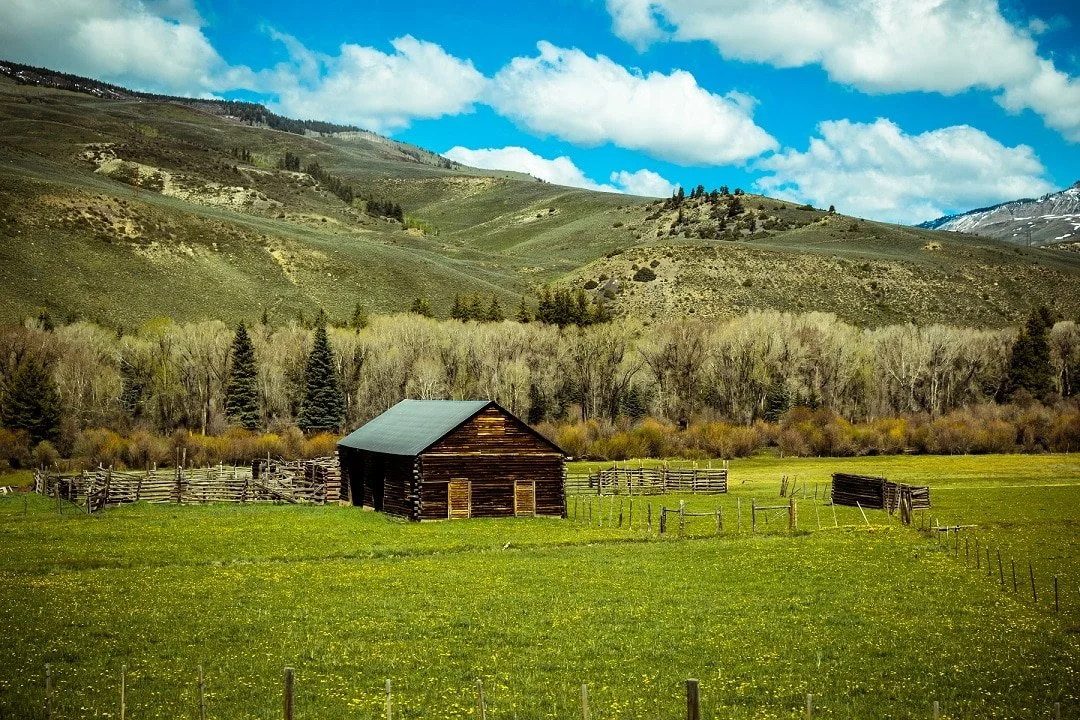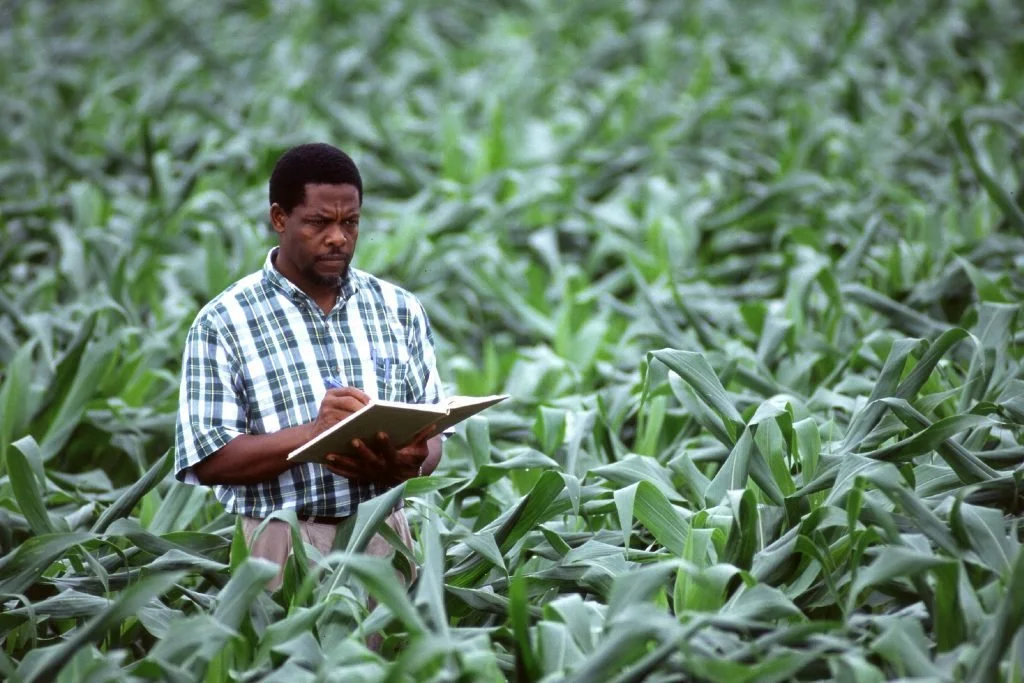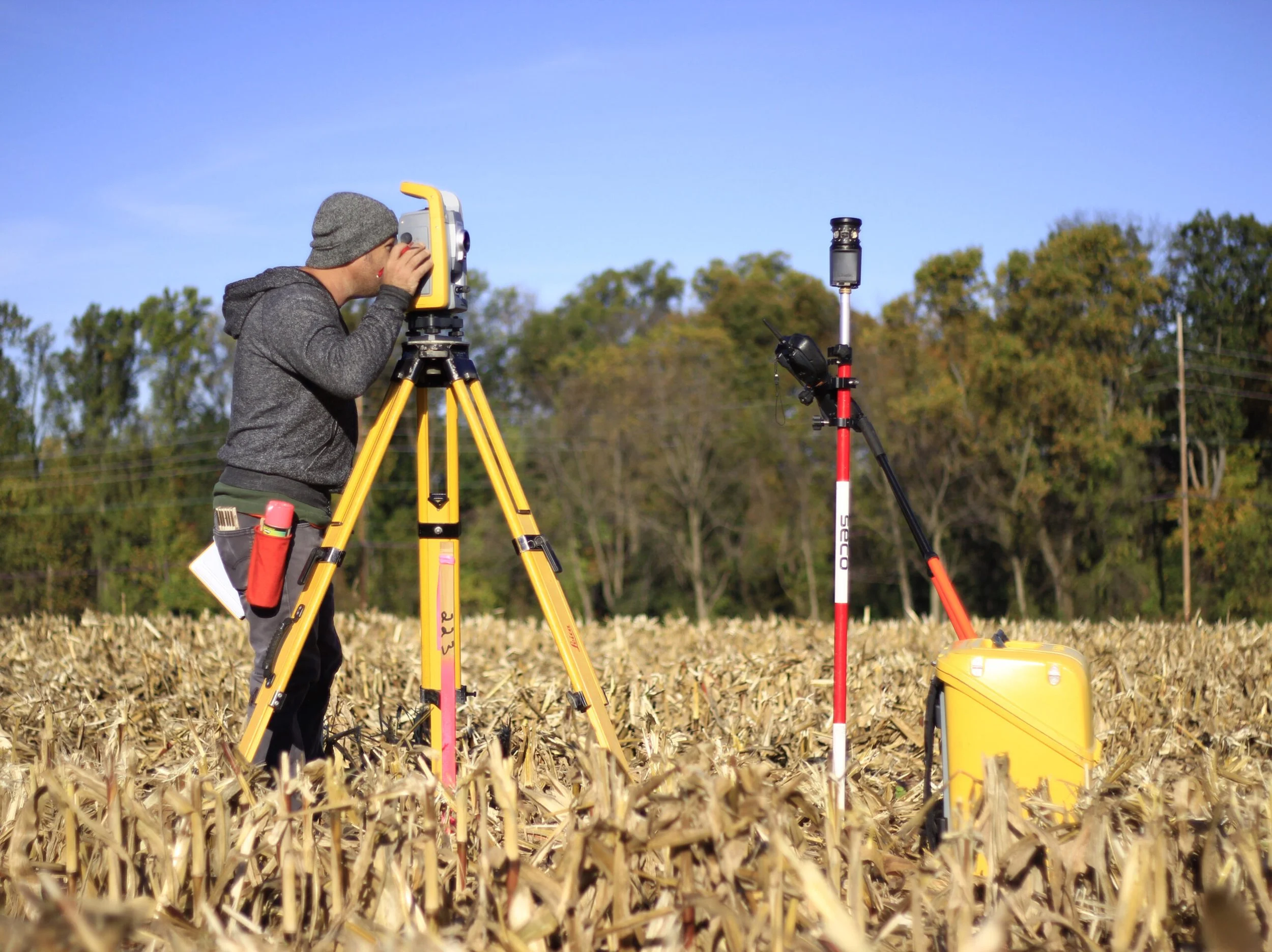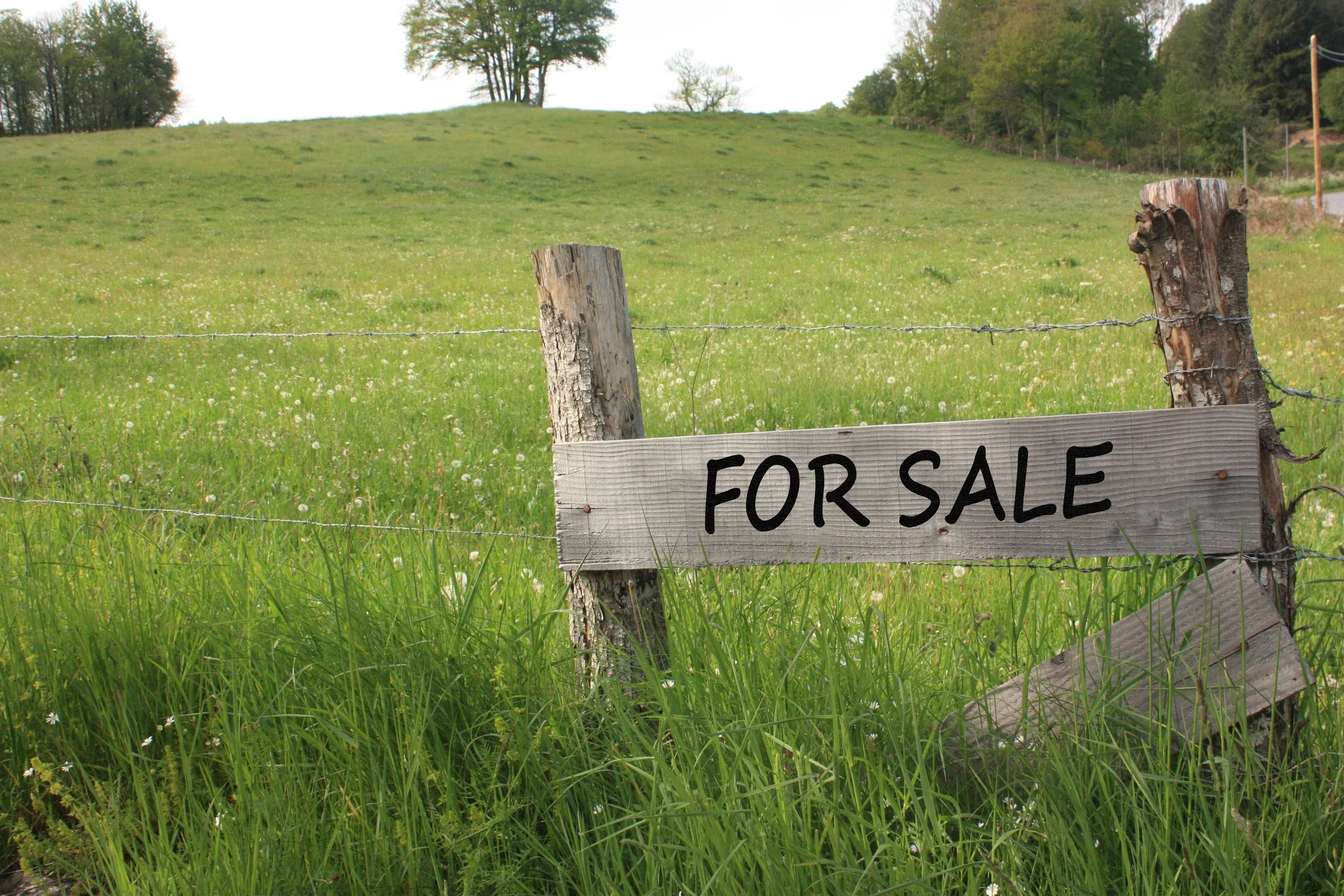Dreaming of Homesteading?
Here's Everything You Need to Know About Finding Land for Homesteading
Discover > Homesteading > Dreaming of Homesteading? Here's Everything You Need to Know About Finding Land for Homesteading
Homesteading is becoming increasingly popular among people who are looking for self-reliance and self-sustainability. The idea of living off the land and being able to provide for oneself is a dream that many are pursuing.
But, before you can start homesteading, you need to find the right land to do it on. In this blog post, we'll be discussing everything you need to know about finding the perfect land for homesteading.
Factors to consider
When you’re looking for land to homestead, the first thing you’ll want to consider is how many acres you need. This can vary depending on what you want to do with the land. For example, if you want to have a large vegetable garden, you’ll want more acreage than if you plan on having just a few fruit trees.
Generally, though, homesteaders aim for at least 10 acres of land. This gives them enough space to farm, raise animals, and build a home.
Another important factor to consider is land values. While it might be tempting to try and find the cheapest piece of land possible, you’ll want to ensure that the land is worth the investment. Look for land with good soil, access to water, and other desirable features.
You don’t want to purchase land and then realize it’s not fertile enough to sustain your homestead.
Location, location, location
When it comes to finding land for homesteading, one of the most important factors to consider is location. You'll want to find a piece of land that is far enough away from major cities and population centers so that you can enjoy a quieter life, but not so remote that you're miles away from any amenities or resources.
It is also important to ensure that the land you choose is in an area with a favorable climate for the type of homesteading you hope to do.
Know what you want
Different homesteads have different requirements. Some prioritize a reliable water supply or fertile soil, while others prioritize proximity to markets.
Before you start looking for land, it's important to have a clear idea of what your homesteading goals are and what you need to achieve them. This can help you focus your search and avoid wasting time and resources on land that won't work for your needs.
Consider the zoning
Zoning laws can make or break a homestead. Before you purchase any land, find out what the zoning laws are like in the area. Some areas have strict zoning laws regulating what you can and cannot do on your land, while others are more lenient.
If you are planning on keeping livestock, for example, you'll want to make sure that local zoning laws permit it.
Get a survey done
Before you buy any land, it's important to have a survey done to determine the property boundaries. This will help you avoid any disputes with neighbors and ensure that you know exactly what you're getting when you buy the land.
A survey can also help you identify any potential issues with the land, such as drainage problems or steep slopes, that could impact your homesteading plans.
Taxes
Taxes are another consideration when looking for land. Different areas have different tax rates and laws. For example, some states might have lower property taxes but higher income taxes, while others have the opposite. It’s important to research tax laws and rates in the area you’re looking at to ensure you can afford the property taxes.
Land Management
Finally, land management is an essential aspect of homesteading. Before you purchase land, you’ll want to make sure that you can manage it properly.
This means understanding the ecosystem and soil type, knowing how to properly care for livestock, and having a plan for maintaining the land year-round. It’s also important to consider whether the land will allow for future expansion or if it’s just adequate for your current needs.
Do your research
Finally, it's important to do your research when looking for land for homesteading. Make sure you know everything you can about the area, from local weather patterns to the availability of utilities.
Consider talking to local experts, such as farmers or homesteaders, to get their advice on finding the perfect piece of land. And don't be afraid to ask questions of the seller or real estate agent to ensure that you're making an informed decision.
Ways To Find Potential Homestead Land
Check with the Local Government
The first step when searching for homestead land is to check with the local government. Each state and county has different regulations, zoning laws and building codes that should be taken into consideration.
Besides that, they can provide information on which areas already have the infrastructure you may need to build your homestead. Visit the website of your county clerk's office or planning commission to check the local zoning laws and take a look at available maps. You can also reach out to them directly to get help.
Look for Foreclosures
You can find great deals with foreclosures that are ideal for homesteaders. Foreclosed properties can be found through public auctions or by working with your local real estate agent.
Keep in mind, however, that foreclosures may come with repairs or unpaid taxes, so it’s important to do your due diligence to avoid surprises.
Look for Auctions
Auctions can be another great way to find homestead land. Real estate auctions are held on a regular schedule and can be found online or in your local newspaper.
The downside to auctions is that the process can be fast-paced, and the properties available may not have all the infrastructure in place that you need for your homestead.
Check with Real Estate Agents
Real estate agents have a strong understanding of the available properties in the area and can help you find the perfect homestead land. However, keep in mind that they usually charge commissions, and the properties you want may not always be listed on the market.
Consider telling your realtor exactly what you need and what you intend to do with the land, so they can make use of their connections to help you find the right property.
Look Online
One of the best ways to find homestead land is by searching online. There are a ton of tools available that can help you locate the perfect spot.
For example, online marketplaces like Craigslist, Zillow, and LandWatch can be great places to search for postings of available homestead land properties. You can also use Google Maps to explore rural areas where homestead land may be available for sale.
Contact Private Sellers
If you're not finding what you need on online platforms, you can also try directly contacting private land sellers. You can advertise your interest in homestead land on the classifieds or reach out to farmers and property owners in your desired area of settlement.
You may also visit the local courthouse and ask for details on homestead land sale auctions coming up.
Talk to People in Your Community
Another excellent way to find homestead land you by talking to friends and family. People in your community may know of someone who's selling or leasing a patch of homestead land and can give you some valuable leads.
You never know – a close relative or friend might have some land they could sell to you. Take advantage of any local networks and connections you have.
Look for Signs and Advertising
One of the often-overlooked ways for finding homestead land is keeping an eye out for signs on abandoned properties or open land. Additionally, you can speak with residents in towns within the area you are interested in to gain insight into areas with unoccupied land.
Again, land that appears later will be more affordable, and spotting it early may earn you an excellent land deal.
Talk with Other Homesteaders
Finally, consider seeking advice from other homesteaders who've gone through the process of finding homestead land themselves.
You can join online forums and social media groups, attend homesteading conferences and workshops, or even offer to volunteer on established homesteads. You'll gain some useful insights, get to know like-minded individuals, and have the opportunity to ask questions and help with various tasks.
Do Your Due Diligence
Regardless of which method you use to find your homestead land, it is important to do your due diligence. Be sure to ask about the property’s soil quality, water sources, electricity, infrastructure, zoning laws, and any restrictions on what can be done on the land.
Conclusion
Finding the perfect piece of land for homesteading can be a challenge, but with these tips, you'll be well on your way to living your dream life.
Locating the ideal homestead land can be intimidating, but by following the above steps, you'll have a good starting point. By looking online, talking with private sellers, seeking advice from others and keeping an eye out for advertising you'll gradually identify potential plots that will work well for your homesteading goals.
Remember to prioritize location and do your research, and don't be afraid to ask for help when you need it. With the right land and the right attitude, homesteading can be a fulfilling and rewarding lifestyle.
#homestead land #how much land #buying land #free land program #own property #purchase land #buy land #cheap land #rural land #property taxes #farm land











